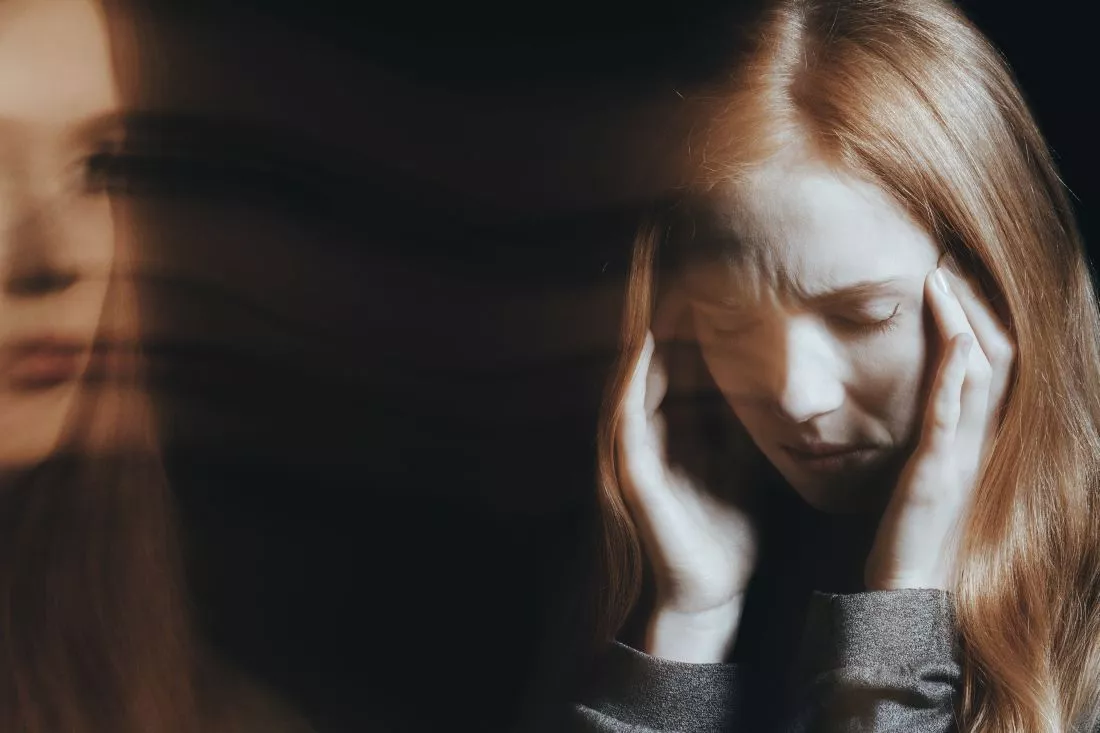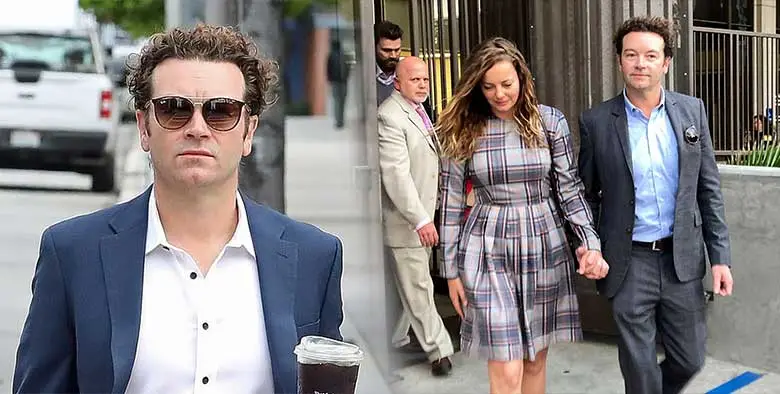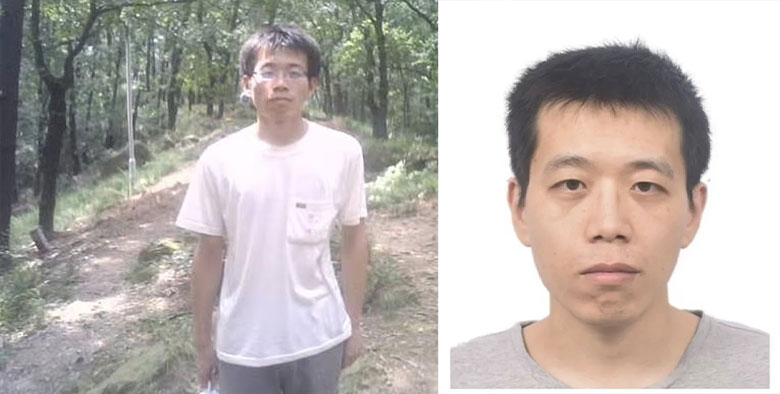- Know Everything About Nipah Virus, Which Is Back In Kerala Again
- Kevin Porter Jr Arrested On His Girlfriend’s Assault Charge
- Market Change Overnight - Know The 8 Things That Did It
- Who Are Alba Baptista And Chris Evans Married On The Weekend?
- Disrupted India vs Pakistan Asia Cup 2023 Match on Reserve Day
- 10 Common Foods That Contain No Calories or Are Very Low in Calories
- Men’s Styling Tips - Know the 9 Common Style Mistakes to Avoid
- Coco Gauff Beats Karoline Muchova and Reaches the US Open Final
- Danny Masterson Gets Life Sentence of 30 Years for Two Rapes
- Experience A Splendid Vacation in Kashmir with These 15 Gorgeous Sights
- India
- Wednesday , April 24, 2024
- Last Published Sep 12, 2023, 6:48:32 PM

Everything You Need To Know About Psychosis
Psychosis causes you to lose touch with reality and directly affects your brain functioning. People experiencing psychosis may either have delusions or hallucinations. A person having a hallucination may hear the yelling voice of his/her mother when she isn't around, or they may see a person in front of them who isn't actually there.
Doctors note that even before the first episode of psychosis, a person can show slight changes in the way he/she thinks or behaves, which is termed as the prodromal period that can last for days, weeks, months or even years.
Causes Of Psychosis
Brief Psychotic Disorder
The brief psychotic disorder is also known as brief reactive psychosis. It can occur in a person who has gone through extreme personal stress, like losing a family member in a road accident. Depending on the source and intensity of stress, the person can recover from it in a few days, weeks or months.
Drug Or Alcohol-Related Psychosis
Drug or alcohol-related psychosis is stimulated by the consumption of certain drugs such as cocaine and methamphetamine. Even some prescribed drugs like stimulants or steroids can lead to triggering psychosis. People who have suddenly left drug or alcohol can experience psychosis as a withdrawal symptom.
Organic Psychosis
Extreme injury or infection in your brain can also lead to psychosis.
Symptoms Of Psychosis
- Difficulty in concentrating
- Anxiety attacks
- Depression
- Suspiciousness
- Hallucinations
- Spending time alone more than usual
- Delusions
- Disorganised speech
- Suicidal thoughts
- Sleeping too much or insomnia
Psychotic Disorders
There are mainly 4 types of disorders that show the symptoms of psychosis
- Bipolar Disorder
- Delusional Disorder
- Psychotic Depression
- Schizophrenia
Treatments For Psychosis
Medications
If patients show extreme psychotic behaviour, chances are that the doctor will keep them on medications called antipsychotics to calm them down. The type of antipsychotic medication will depend on the causes and symptoms, varying from patient to patient. Mostly, doctors give a combination of both medication and therapy to treat a person suffering from psychosis.
Psychotherapy
Cognitive Behavioral Therapy
The CBT helps patients to understand the timings and trigger points of their psychotic episodes. The therapy involves meeting with a mental health counsellor regularly, intending to reduce hallucinations and change the way one thinks or acts. The treatment is beneficial for people who haven't see much of a difference by taking antipsychotic medications.
Cognitive Enhancement Therapy
The CET with various computer exercises and group work helps to make a patient understand and think better.
Coordinated Specialty Care
The CSC treatment takes the help of a team approach in treating psychosis. This type of psychotherapy combines both medication and therapy with social work and education support to treat psychosis.
Source: https://www.webmd.com/schizophrenia/guide/what-is-psychosis
Disclaimer - The texts with tips or advice mentioned here are only for generic information, but not for a substitute of medical advice. Before applying any advice or tips, you should consult a respective doctor or expert. ATT is not responsible if you have any bad impacts on your health.












